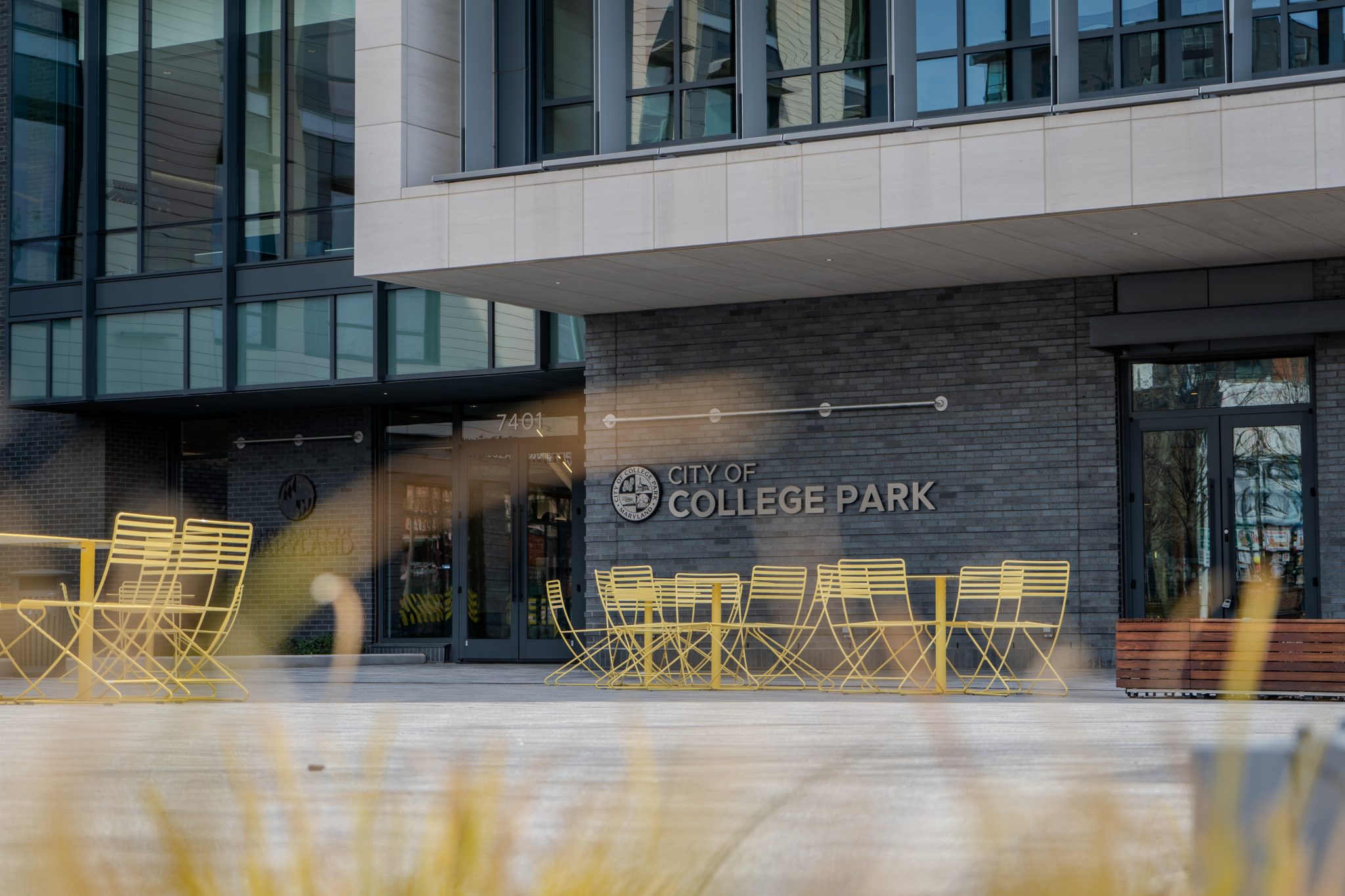The proposed College Park city budget for the 2025 fiscal year is nearly 11 percent greater than last year’s budget.
City manager Kenny Young’s proposed budget is $27,483,782, compared to a $24,796,405 budget in the 2024 fiscal year. The 2025 fiscal year runs from July 1, 2024, to June 30, 2025.
Here are the key takeaways from the proposed budget.
The total budget has grown dramatically
In the 2015 fiscal year, the city’s total budget ended up at $16,580,646. The proposed 2025 fiscal year budget is about 10.9 million dollars greater — about a 66 percent increase.
“We have grown so much,” College Park Mayor Fazlul Kabir said. “[A reason] the budget has grown so much is because of the expansion of services.”
This expansion includes the city adding 15 full-time and eight part-time employees to staff over the past three years, Kabir said.
This increase in staff has helped account for a 9.5 percent increase in government and administration costs from the 2024 fiscal year to the 2025 proposed budget.
“The good thing is that when you add more staff that means we are serving our residents better,” Kabir said. “On the other side, when you add more staff, [that means] you also need to provide salaries for them and also benefits for them that cost money.”
Some residents are unhappy with potentially allocating more money on an increased number of city staff.
College Park resident Don Schmadel, the technical coordinator for the University of Maryland’s Institute for Research in Electronics and Applied Physics, spoke at the city’s budget listening session last month against spending more on city staff in the proposed budget.
[College Park City Council discusses options for rent subsidy pilot program]
“I think your salaries are just outrageous,” Schmadel said at the budget listening session. “I wish you’d be careful with our money, it takes us a lot of effort to earn it and we don’t like losing it.”
More funds would be directed toward the Capital Improvement Program
The city’s Capital Improvement Program helps it plan its spending on land, buildings, infrastructure, machinery and equipment.
The money allocated to the CIP fund in the Capital Improvement Program Fund in the proposed 2025 fiscal year budget is nearly quadruple that of the 2024 fiscal year, which saw the fund get its lowest amount in the past 10 years.
Some CIP projects include the College Park Woods Clubhouse, the Duvall Field renovation’s second phase and the North College Park Community Center.
“It’s good to know that the city is investing in these enclaves that are outside of downtown,” District 1 resident Brian Roan said. “It’s nice to see these things get made.”
Some money is put aside in the general budget as a placeholder in hopes that the city will receive funding from other sources, according to Young.
Kabir explained that much of the CIP’s money has come from the post-COVID-relief American Rescue Plan Act, which gave the city about $22 million in 2021.
The city may have to direct more money from the general budget for CIP projects once again as ARPA funds must be obligated by Dec. 31, 2024.
Residential property tax rates may have stopped declining
The city’s residential property tax rates, which have either remained steady or decreased since the 2014 fiscal year budget, may increase next fiscal year.
In the 2025 proposed budget, tax rates for residential properties are set to increase by 5 cents — from 30.18 to 35.18 cents. Rates for commercial, industrial and apartment properties will see an increase of almost 7 cents — from 33.18 to 40 cents.
[College Park City Council approves Rhode Island Avenue design improvements]
In the 2024 fiscal year, the city increased the tax rates for commercial, industrial and apartment properties by 3 cents, making them greater than the residential property tax rates for the first time in five years. The money from the increase was used to fund the city’s pilot rental subsidy program.
Kabir said the increased taxes are due to the growing number of staff and acknowledged residents’ discontent over the higher rates.
“I know for the residents, this is difficult for them,” Kabir said. “Many of the residents are still struggling with their jobs, with inflation.
District 1 resident Kamthorn Clary is willing to accept what he views as the positive tradeoffs of higher taxes.
“There is a cost to maintain our basic services,” Clary said. “If we want them to be top tier, if we want better service from our leadership, better services from the departments that serve us, we understand that’ll cost more money.”
The College Park City Council has expressed interest during budget work sessions in having lower tax rates in the final 2025 fiscal year budget and budget ordinance.
The budget ordinance will be released in the next few weeks, and the budget will be finalized by the end of May, according to the city’s website.



